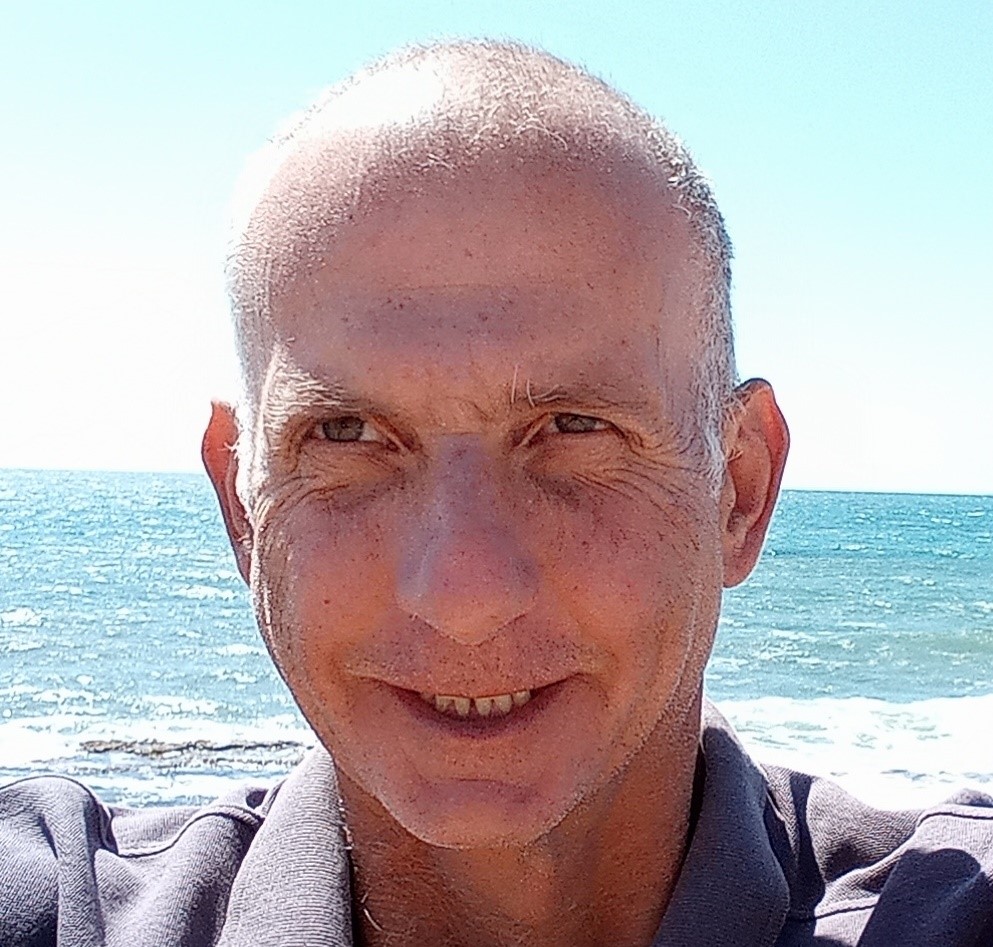
OpEds

Freedom without responsibility – Gaza’s dependence on Israel
On face value, it’s a perfect free market example of economic exchange. There are suppliers of electricity and water. There are consumers that receive this 24/7 without any loadshedding. There are other suppliers of education and health services at an international standard. The consumers aren’t lacking.
So, what’s the problem? Perhaps it’s because the consumer doesn’t pay? That may also not be an issue. Taxpayers expect to receive services such as education and health in return. In a social-welfare state, low or no wage earners could also receive discounted or free electricity and water.
To better understand the situation, let’s look at the details. Every nation has the right to manage its own affairs. The Palestinian Energy and Natural Resources Authority (Penra) was established in 1995 by the Palestinian Authority (PA). It’s the manager of electricity to all Palestinians at a total demand of about 2 000MW.
The West Bank demand is 1 500MW with no local power plant. Cities such as Jericho are supplied from the Jordanian grid. Israel and the European Union (EU) have offered to construct power stations, for example in Jenin, for 450MW. This would be powered by gas from the Mediterranean fields. The Boycott National Committee, the largest coalition in Palestinian society and the reference for the global Boycott, Divestment, Sanctions movement, has pressured Penra not to accept this.
So, who provides the West Bank with most of its electricity needs? Penra has an agreement with the Israel Electric Corporation (IEC). The IEC provides 95% of it. The relationship is purely commercial. A tariff has been agreed upon. There are meters. Each month, an invoice is sent.
In Gaza, the demand is 500MW. Egypt supplies 30MW to Rafah. There has been a local power plant since 2002 with a capacity of 140MW, but it operates at 60MW. Disputes between Hamas, which has had governance over Gaza since 2007, and the PA have complicated matters. Hamas buys fuel for the Gaza plant but refuses to pay fuel tax to the PA. The IEC supplies 350MW, and the rest is supplied by individual generators.
According to the Penra and IEC contract, the IEC invoices Penra at the same tariff for Gaza as the West Bank. There are meters. The unpaid total amount for both is R82 billion. The IEC has repeatedly turned to the Israeli government, which gathers import levies and tax from Palestinians. Being a financial debt, it must ask the law courts for a summons on each invoice to withhold tax revenue to pay the debt. The process takes months for each, and the debt is rising.
Being in debt and not paying your bills on time might also be considered normal by many, so what’s the problem? It’s when Israel as the supplier is accused of refusing to let the Palestinians have their own independent state and the right to manage their own affairs. Surely the world should see that the Palestinians cannot manage one of the most basic and essential commodities – electricity!
Some might say electricity is the exception not the rule. But there are other examples. No-one accuses the United Nations (UN) and non-government organisations for refusing Palestinians the right to manage their own affairs in education and health services in Gaza that they provide and not Hamas. Double standards!
Israel is further blamed even though it provides water to Palestinians. The 1995 Oslo Accords adopted a quantitative approach, detailing water allocated to Israel, the West Bank, and Gaza from the same main source, the Kinneret, fed by the River Jordan in Israel. That’s an extension of an agreement with Jordan in which Israel gives 50 000 000 cubic metres annually. Other sources are local aquifers, other rivers, and desalination.
Taking the total amount supplied by Israel to Gaza divided by the total number of people, it comes to 300 litres per day per person. The global average consumption is 173 litres, so there’s more than enough. This is through two connections: the Bani Suhaila east of Khan Yunis, and the Ben Said east of Deir el-Balah. A third pipeline from Nahal Oz into northern Gaza, was completed in 2014.
As with electricity, so too with water. There’s a contract between Israel the supplier and the consumer, the Palestinian Water Authority established in 1995. There are meters and an agreed tariff. Invoices aren’t paid, so Israel bears the brunt of costs including maintaining and updating infrastructure.
An independent sovereign state, the two-state solution the world demands, is essentially a position where a nation that has the right to manage its own affairs is doing so. Israel – and even more so the EU – have taken many steps to build up the capacity of the PA to do this in electricity and water supply and in tax revenue collection. The UN and NGOs have done so in education and health.
Though there’s customary international law that might inform that Israel has to provide Palestinians with services being the conquering power, Israel opts to turn to the Torah. Jews willingly adhere to the edicts, “You shall love your neighbour as yourself”; hachnassat orechim (welcoming guests); and “The stranger who resides with you shall be to you as one of your citizens; you shall love him as yourself, for you were strangers in the land of Egypt.”
What then about the day after the current war in Gaza? Israeli leaders accused of not implementing a two-state proposal respond that there’s no partner for peace. Neither can Palestinian partners be found to manage their own affairs in electricity and water. The leadership receives a massive amount of money from other countries such as Qatar. Yet, none goes to paying invoices or to building essential capacity. It goes to its own pockets and to purchasing tools and weapons of violence and acts of massacre. What kind of state will Palestine be for its citizens if it cannot even manage its own electricity and water?
- Glen Segell is a professor at the University of Cambridge; a visiting professor and research fellow in the department of political studies and governance, University of the Free State; and research fellow at the Ezri Center for Iran and Gulf States Research, University of Haifa, Israel.











Gary Selikow
November 16, 2023 at 5:45 pm
If you shout about Palestinian children being hurt in Israel’s war against Hamas but speak nothing of our children that were so cruelly murdered and who are being held hostage you are a Nazi because you do not think Jewish children count.